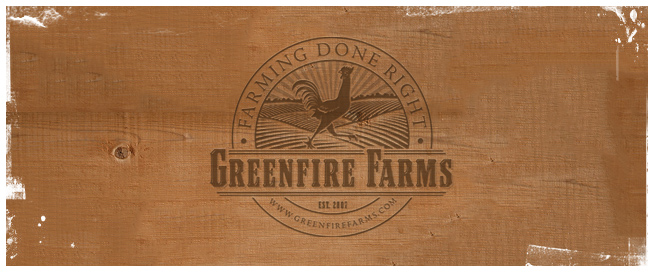Renowned for their hardiness and adaptability, the Icelandic chicken is well suited to the harsh climates and highly prized for its ability to forage and thrive in free-range environments, making it a popular choice for sustainable and organic farming practices.
| Item | 1+ | Quantity |
|---|---|---|
| Icelandic Hatching Eggs In stock: 20 | 10.00 | |
| Icelandic Day-Old Chick Unsexed | 29.00 |
The stunning Icelandic chicken, also known as Íslenska landnámshænan, directly translating to “Icelandic chicken of the settlers”, is a unique and historic breed that hails from none other than Iceland. Renowned for their hardiness and adaptability, the Icelandic chicken is well suited to the harsh and variable climate of its homeland. This breed is highly prized for its ability to forage and thrive in free-range environments, making it a popular choice for sustainable and organic farming practices.
Breed History
Back in the 1930’s, the importation of commercial chicken breeds threatened the Icelandic’s survival as a pure landrace. Fast forward to the 1970s, following efforts to conserve pure birds, this breed began being exported to other countries, like the United States. According to the Livestock Conservancy, it is estimated that there are only about 5,000 Icelandic landrace birds internationally, and these can be traced back to those saved in the 1970s. In 2004, a British study collected blood samples of the Icelandic breed and found that 78% of their DNA is unique and cannot be found in any other chicken breed in the world, making the Icelandic one of the most unique breeds on the planet!
Appearance and Behavior
Icelandic chickens come in a wide variety of colors and patterns, as they are a landrace, so there is no standard to their appearance, adding to the breed’s visual appeal! Birds can be crested and non-crested and a variety of comb shapes are accepted. Because they are a landrace, there is a high level of genetic diversity within the breed, making them particularly resilient and adaptable to different environments. This breed is known for their resourcefulness and self-sufficiency, traits that have been honed over centuries of living in the challenging Icelandic environment. These birds are excellent foragers, capable of surviving in diverse landscapes, which makes them relatively low-maintenance!
In addition to their hardiness, Icelandic chickens are also known for their prolific egg-laying abilities, making them a great option for small scale egg production! Typically you should expect between 150 to 200 eggs per year from the hens. Hens weigh in at about 3 to 3.5 pounds and will lay medium-sized, off-white eggs. Roosters weigh roughly between 4.5 to 5.5 pounds. They can be a little flighty and will happily fly up and perch in trees. The hens are also somewhat broody so you can try to hatch naturally if you'd like. Some hens are more broody than others. We have also observed that they do well at a higher rooster-to-hen ratio of about 1:12. One rooster can easily mate with many hens. The viability of the eggs is consistently high at 90% or greater.
With the growing interest in heritage and rare breeds, the Icelandic chicken has gained attention outside of Iceland, where it is valued for its ability to thrive in diverse conditions and contribute to sustainable agricultural practices. We are sure if you decide to add this truly one-of-a-kind breed, you will not be disappointed.
Breed Standard
There is no standard. But if you want to read more about the Icelandic, check out these links:
Livestock Conservancy - Icelandic Landrace
Aviculture Europe - Icelandic Landrace
Hatching Eggs
Yes, you will see a wide array of appearances as the chicks hatch!
We recommend that you only hatch these chicks with other Icelandic as their varying appearance will make it extremely difficult to confidently tell them apart from other breeds. If you have other breeds on your farm, we recommend that you band the Icelandic immediately with leg bands to help you identify them as they grow.
We incubate at 99.5F and 55% humidity and typically we see about an 80% hatch rate from the eggs that are placed into our hatcher. Most of the chicks will hatch on time, so on day 21. But we have consistently seen that some of the chicks hatch a day late, so definitely plan to keep the eggs under your broody hen or in the incubator an extra day or 2.
Notes
Due to their varying appearance it may cross your mind that you can easily cross-breed them with another breed however, don’t do that. Even if some of the birds share a resemblance, the Icelandic should never be cross bred. The purity of the Icelandic breed is imperative to maintaining the genetic integrity of the breed.
We sourced this breed from U.S. breeders who are dedicated to preserving the Icelandic breed. It is our hope that by joining them in preserving this breed, that more people in the U.S. can learn about them and their history as well as understand the importance of saving them and other rare breeds.
Breed History
Back in the 1930’s, the importation of commercial chicken breeds threatened the Icelandic’s survival as a pure landrace. Fast forward to the 1970s, following efforts to conserve pure birds, this breed began being exported to other countries, like the United States. According to the Livestock Conservancy, it is estimated that there are only about 5,000 Icelandic landrace birds internationally, and these can be traced back to those saved in the 1970s. In 2004, a British study collected blood samples of the Icelandic breed and found that 78% of their DNA is unique and cannot be found in any other chicken breed in the world, making the Icelandic one of the most unique breeds on the planet!
Appearance and Behavior
Icelandic chickens come in a wide variety of colors and patterns, as they are a landrace, so there is no standard to their appearance, adding to the breed’s visual appeal! Birds can be crested and non-crested and a variety of comb shapes are accepted. Because they are a landrace, there is a high level of genetic diversity within the breed, making them particularly resilient and adaptable to different environments. This breed is known for their resourcefulness and self-sufficiency, traits that have been honed over centuries of living in the challenging Icelandic environment. These birds are excellent foragers, capable of surviving in diverse landscapes, which makes them relatively low-maintenance!
In addition to their hardiness, Icelandic chickens are also known for their prolific egg-laying abilities, making them a great option for small scale egg production! Typically you should expect between 150 to 200 eggs per year from the hens. Hens weigh in at about 3 to 3.5 pounds and will lay medium-sized, off-white eggs. Roosters weigh roughly between 4.5 to 5.5 pounds. They can be a little flighty and will happily fly up and perch in trees. The hens are also somewhat broody so you can try to hatch naturally if you'd like. Some hens are more broody than others. We have also observed that they do well at a higher rooster-to-hen ratio of about 1:12. One rooster can easily mate with many hens. The viability of the eggs is consistently high at 90% or greater.
With the growing interest in heritage and rare breeds, the Icelandic chicken has gained attention outside of Iceland, where it is valued for its ability to thrive in diverse conditions and contribute to sustainable agricultural practices. We are sure if you decide to add this truly one-of-a-kind breed, you will not be disappointed.
Breed Standard
There is no standard. But if you want to read more about the Icelandic, check out these links:
Livestock Conservancy - Icelandic Landrace
Aviculture Europe - Icelandic Landrace
Hatching Eggs
Yes, you will see a wide array of appearances as the chicks hatch!
We recommend that you only hatch these chicks with other Icelandic as their varying appearance will make it extremely difficult to confidently tell them apart from other breeds. If you have other breeds on your farm, we recommend that you band the Icelandic immediately with leg bands to help you identify them as they grow.
We incubate at 99.5F and 55% humidity and typically we see about an 80% hatch rate from the eggs that are placed into our hatcher. Most of the chicks will hatch on time, so on day 21. But we have consistently seen that some of the chicks hatch a day late, so definitely plan to keep the eggs under your broody hen or in the incubator an extra day or 2.
Notes
Due to their varying appearance it may cross your mind that you can easily cross-breed them with another breed however, don’t do that. Even if some of the birds share a resemblance, the Icelandic should never be cross bred. The purity of the Icelandic breed is imperative to maintaining the genetic integrity of the breed.
We sourced this breed from U.S. breeders who are dedicated to preserving the Icelandic breed. It is our hope that by joining them in preserving this breed, that more people in the U.S. can learn about them and their history as well as understand the importance of saving them and other rare breeds.
| Egg Color | white |
| Egg Size | Small to Medium |
| Average number of eggs per year | 150 - 200 |
| Gamefowl | no |
| Country of Origin | Iceland |
| Also called | Íslenska landnámshænan |
| Cold tolerant | yes |
| Landrace | Yes |
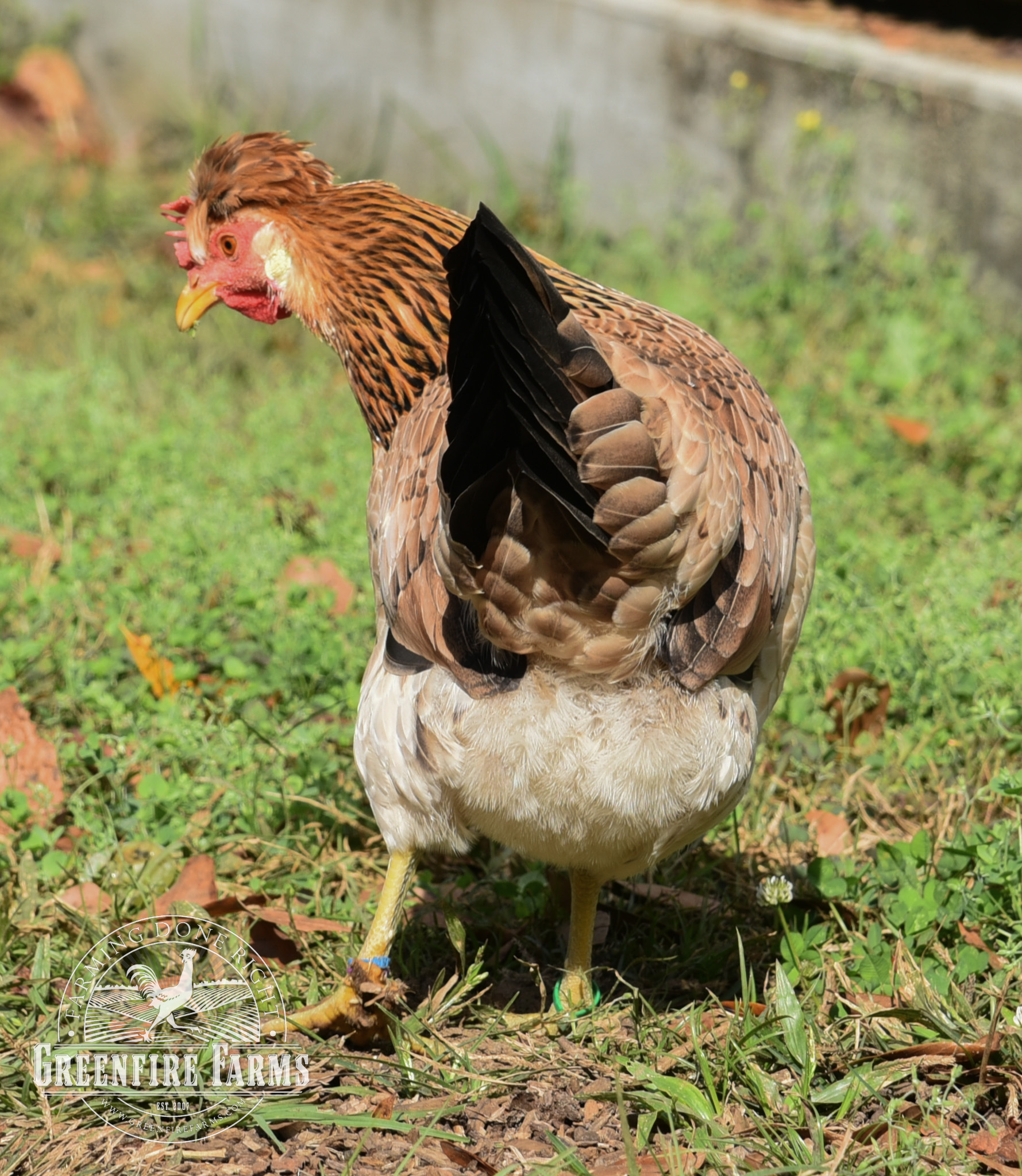
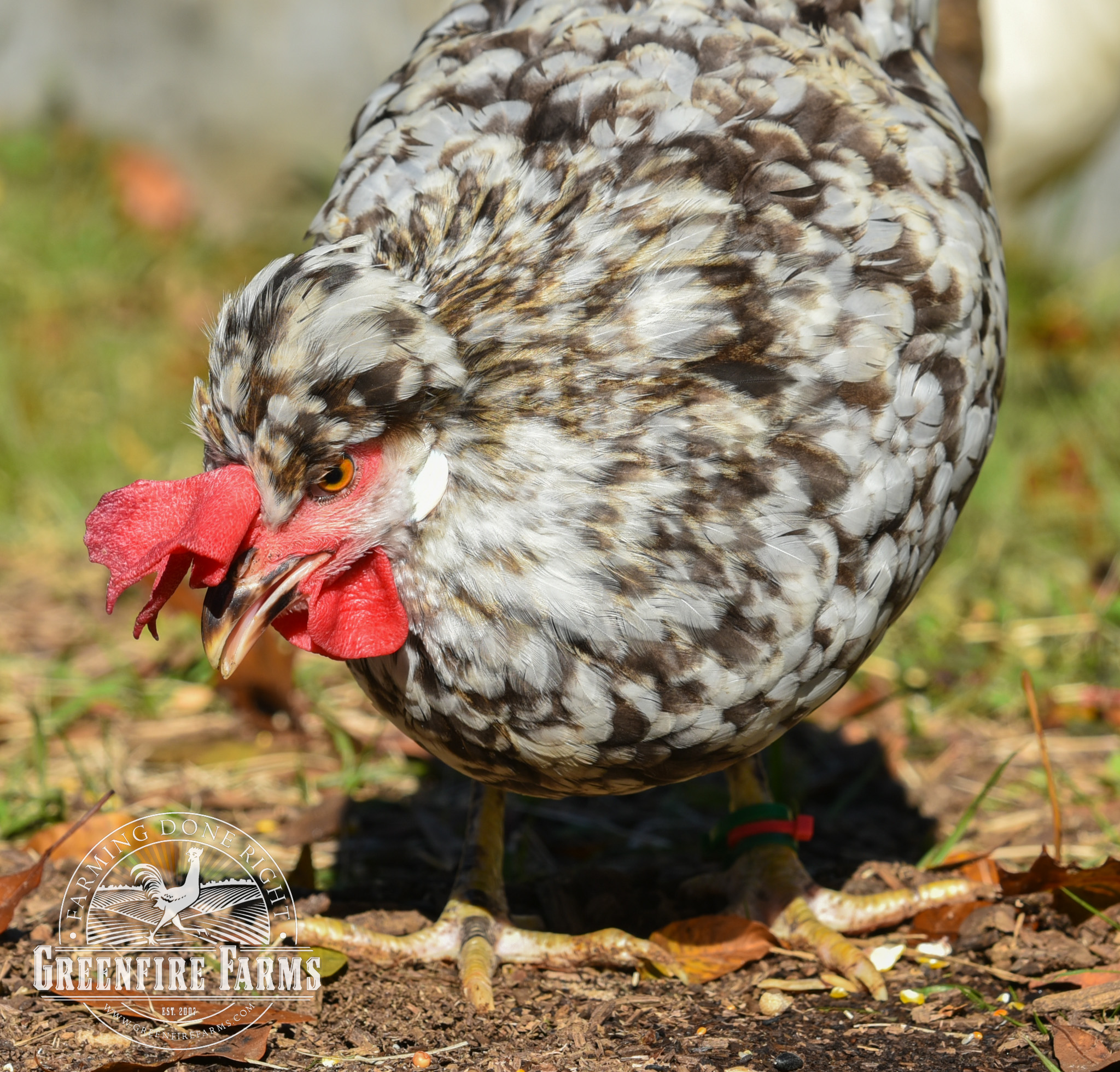
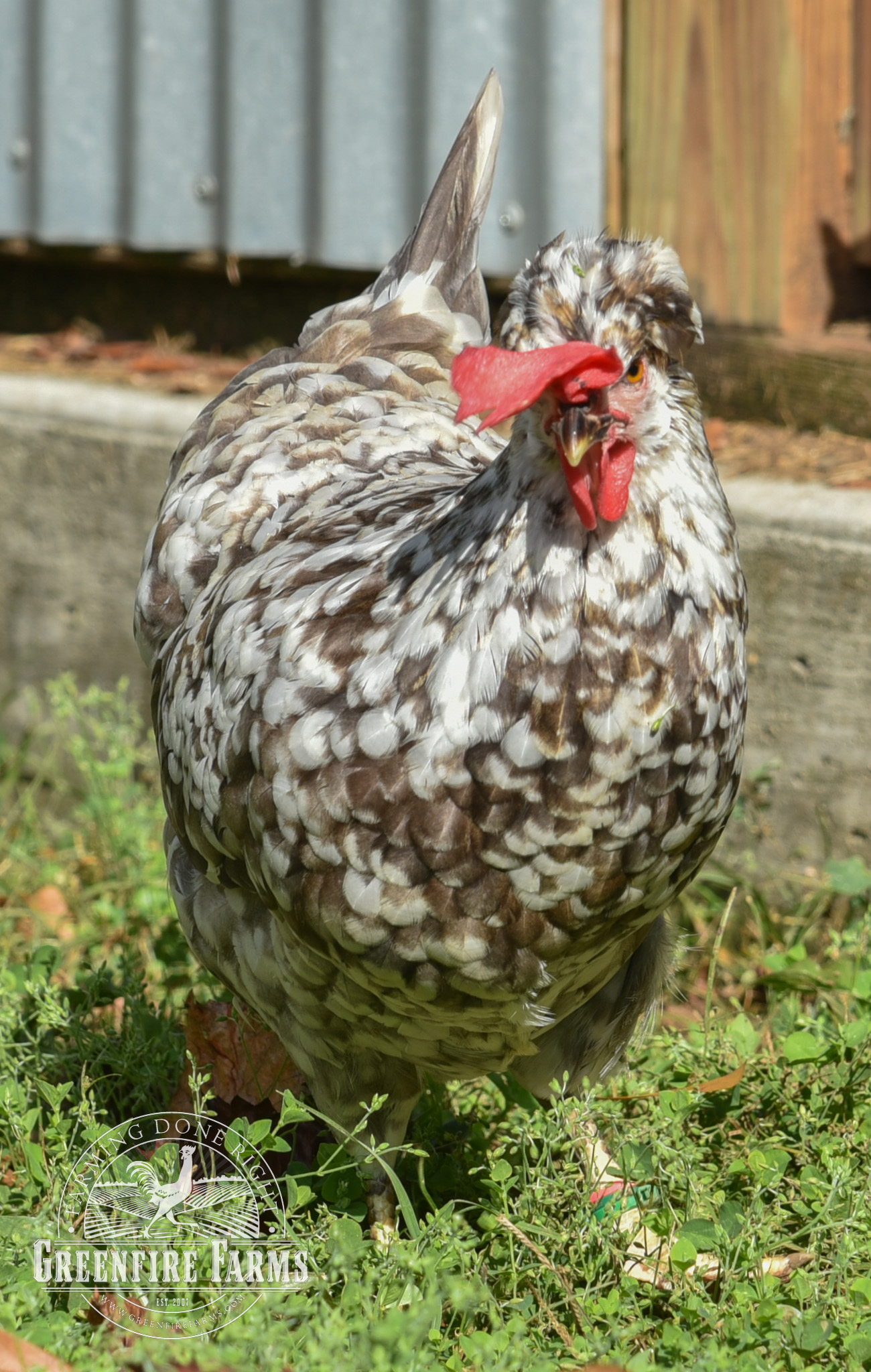
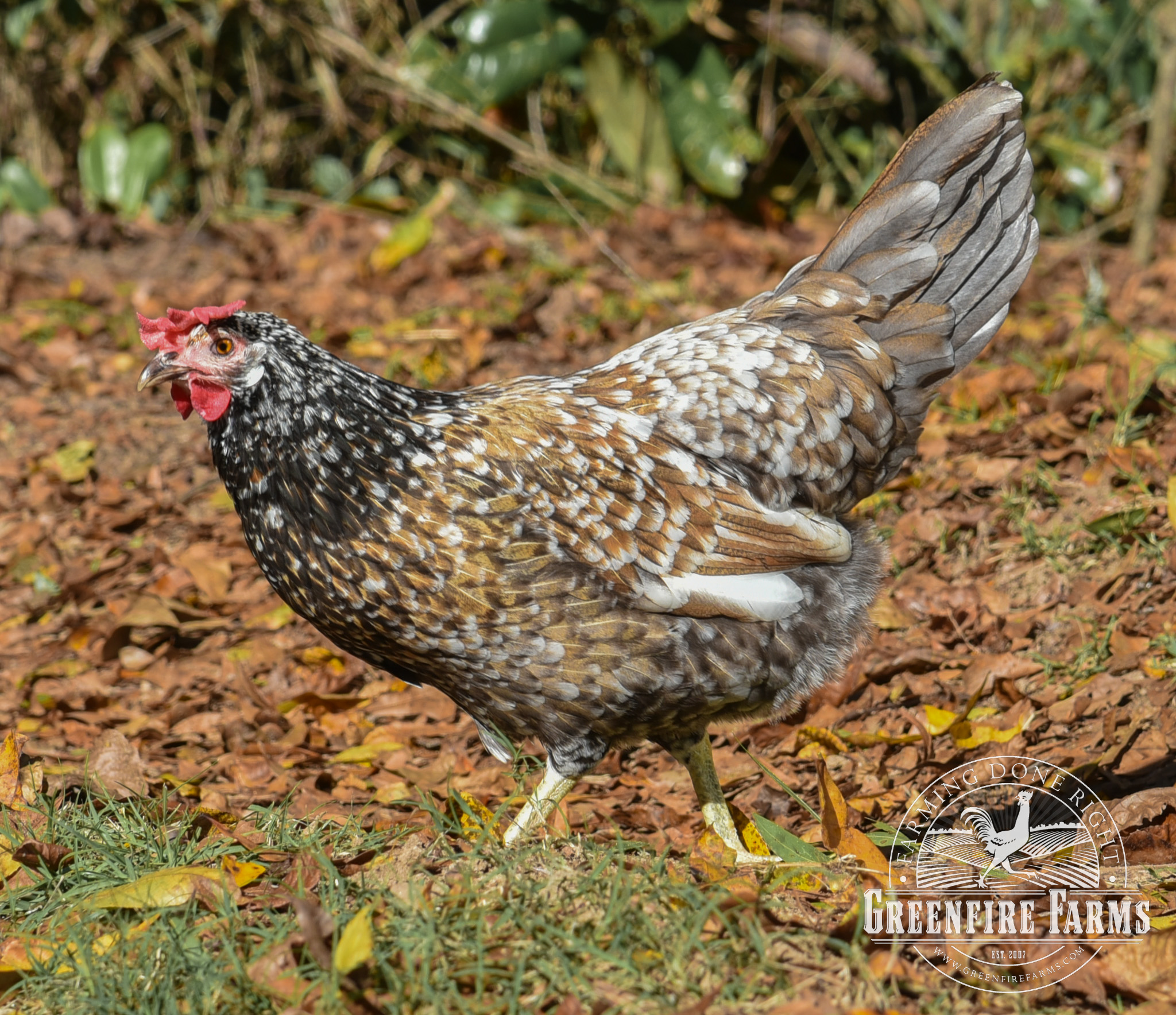
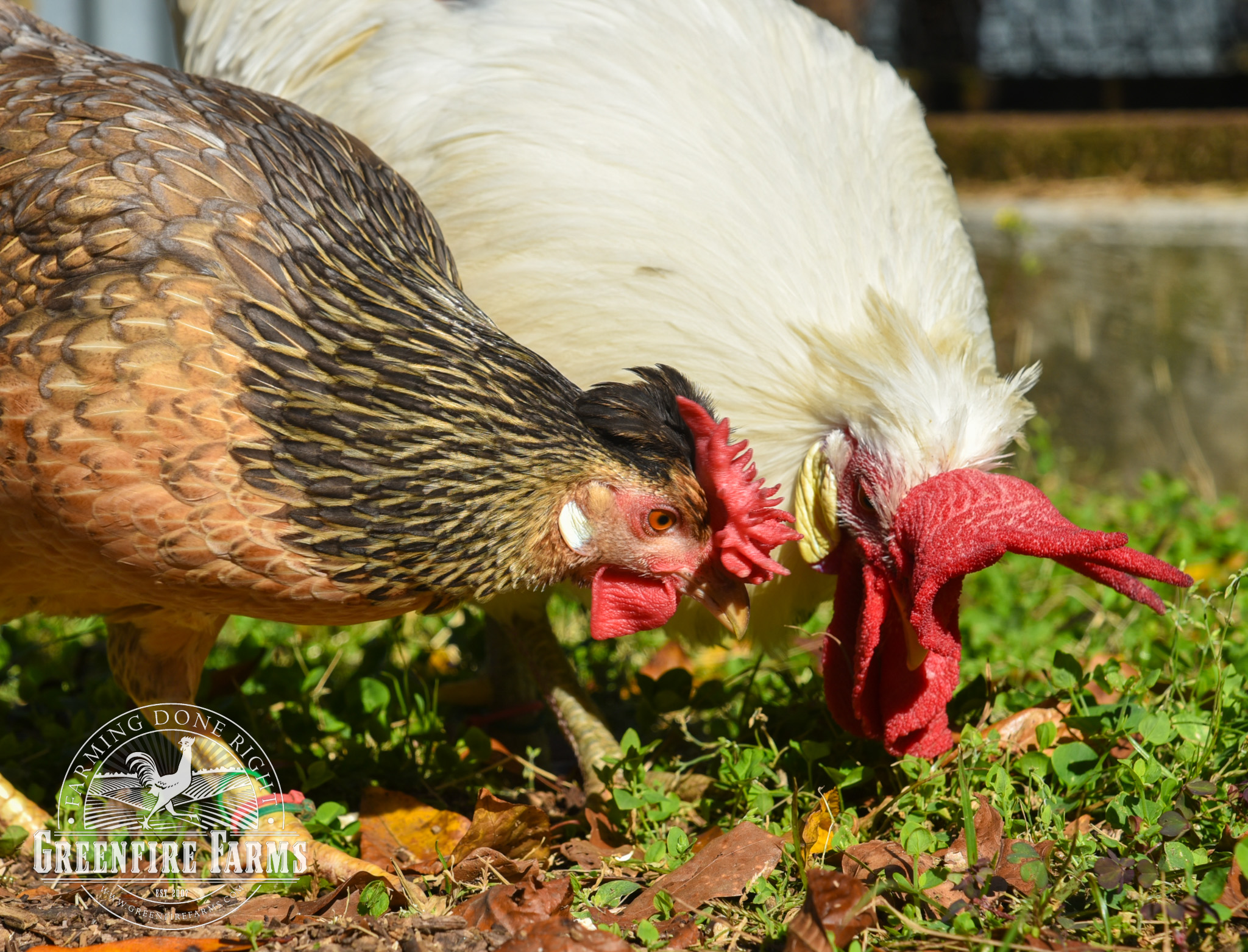
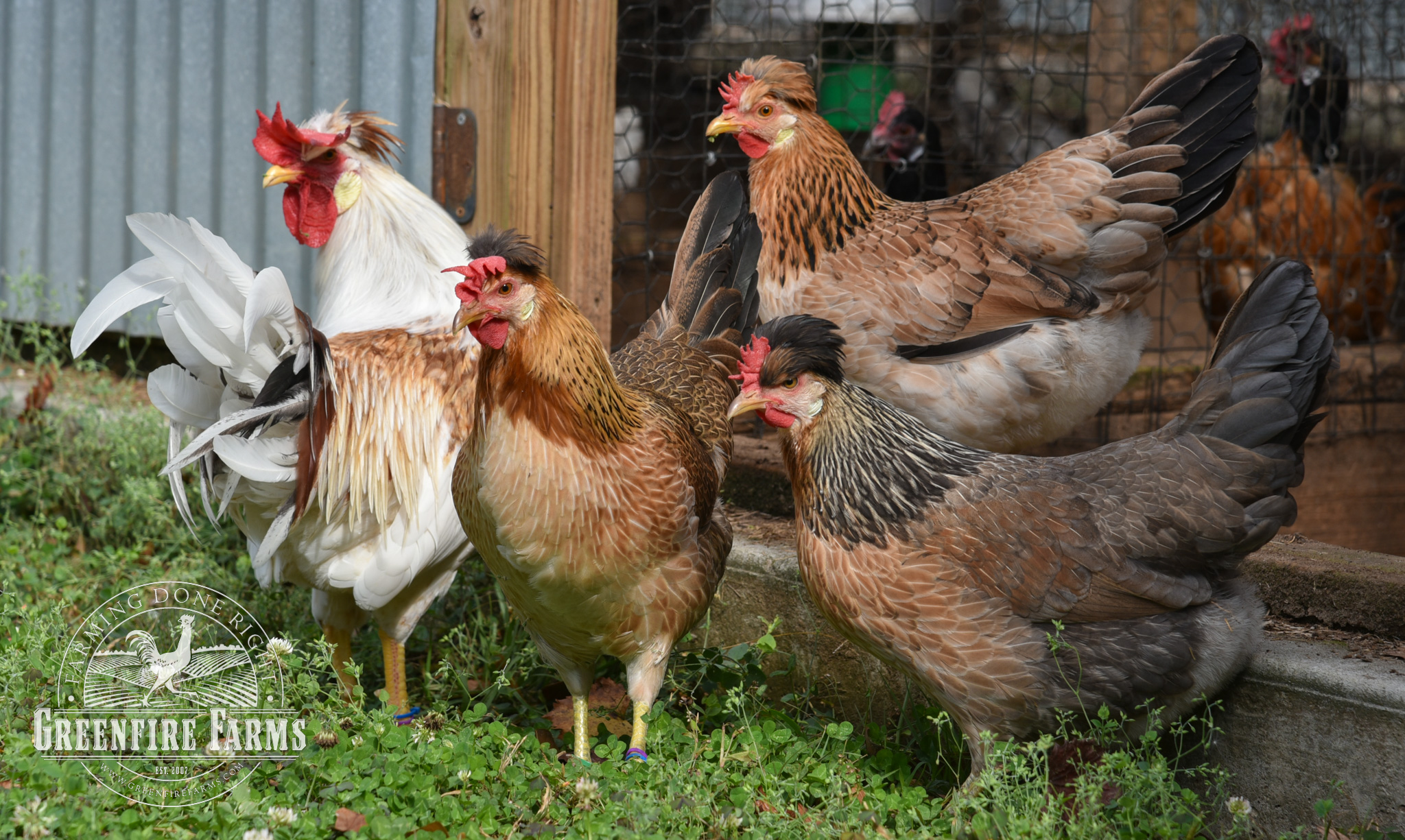
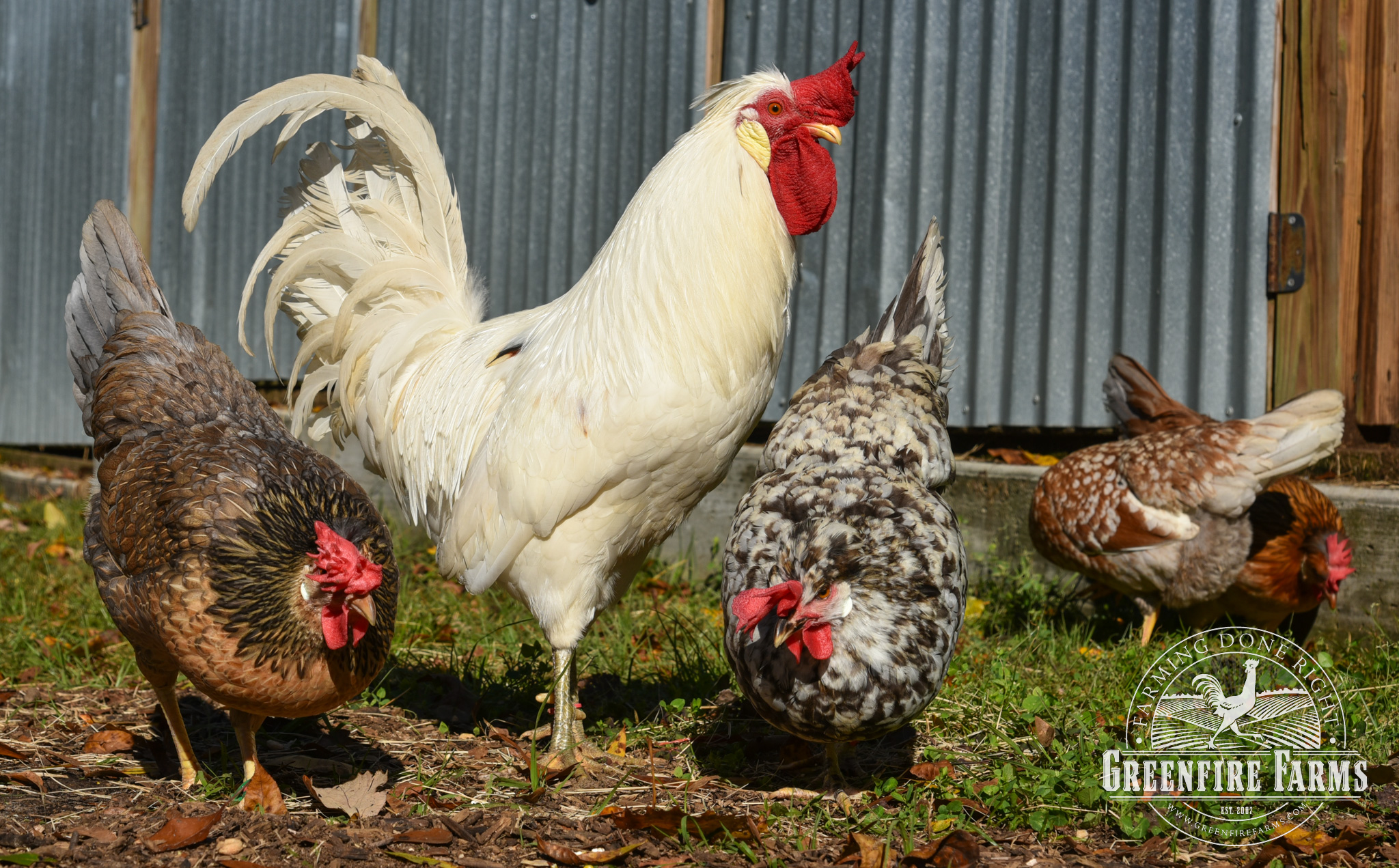
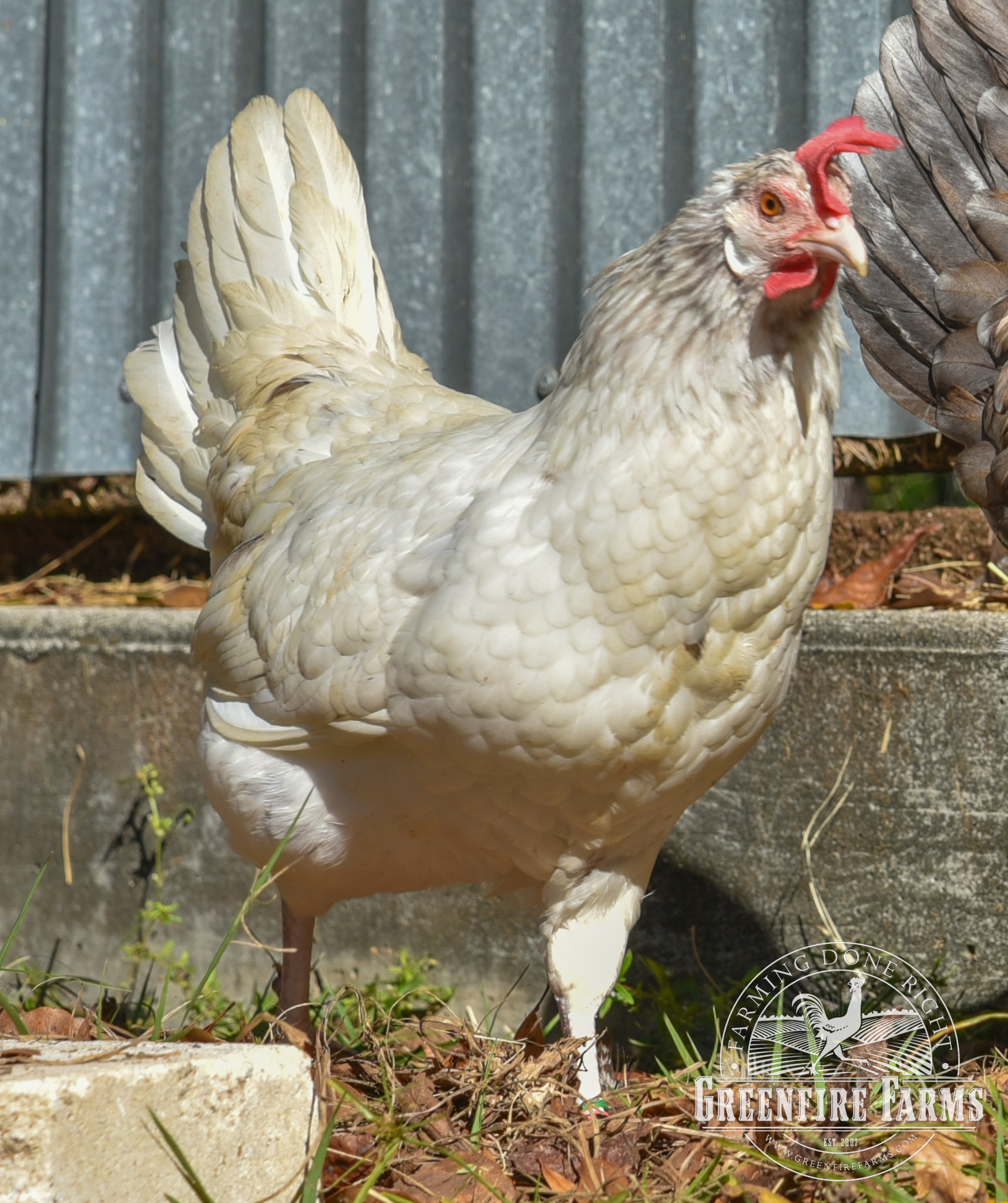
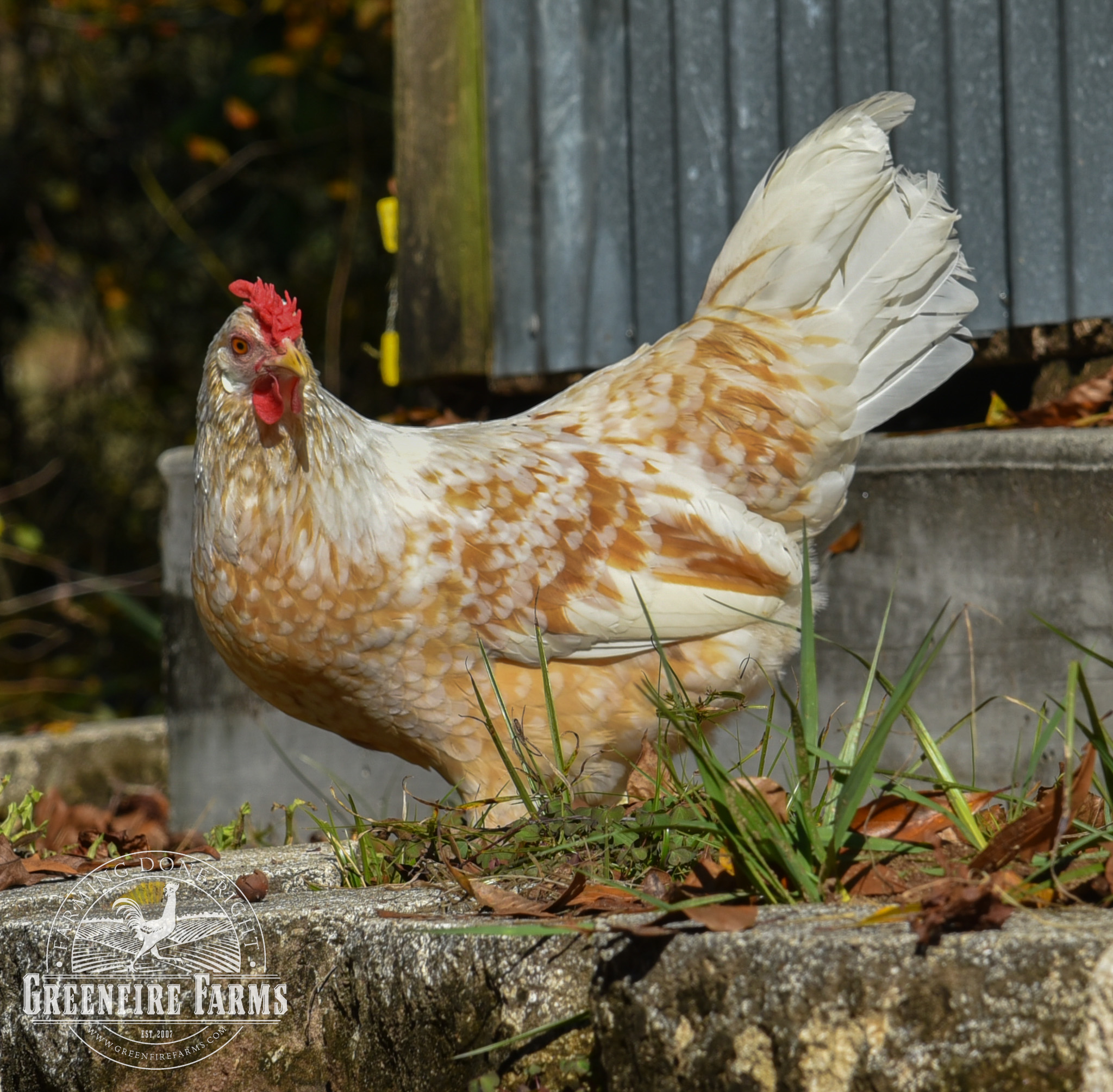
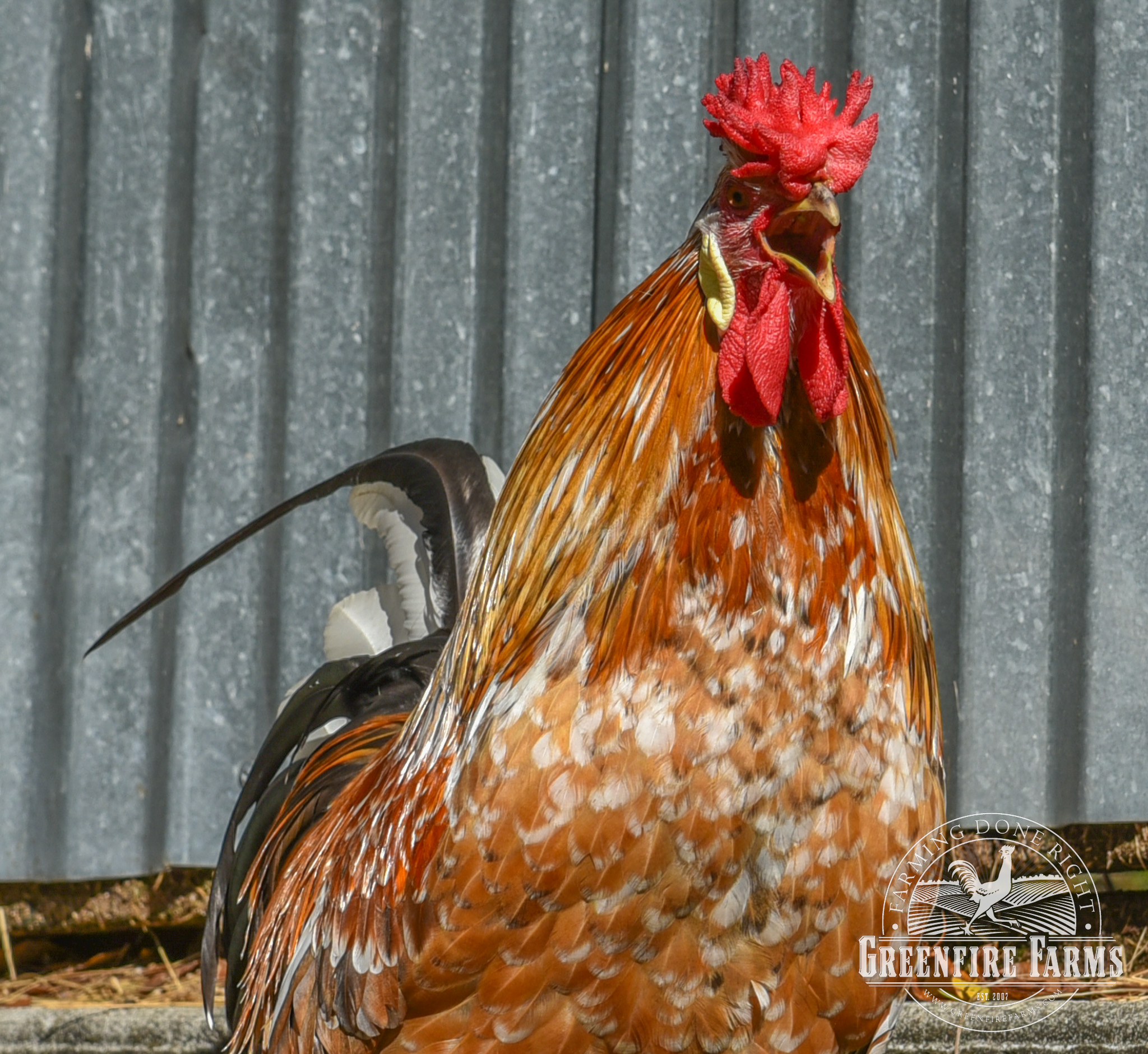
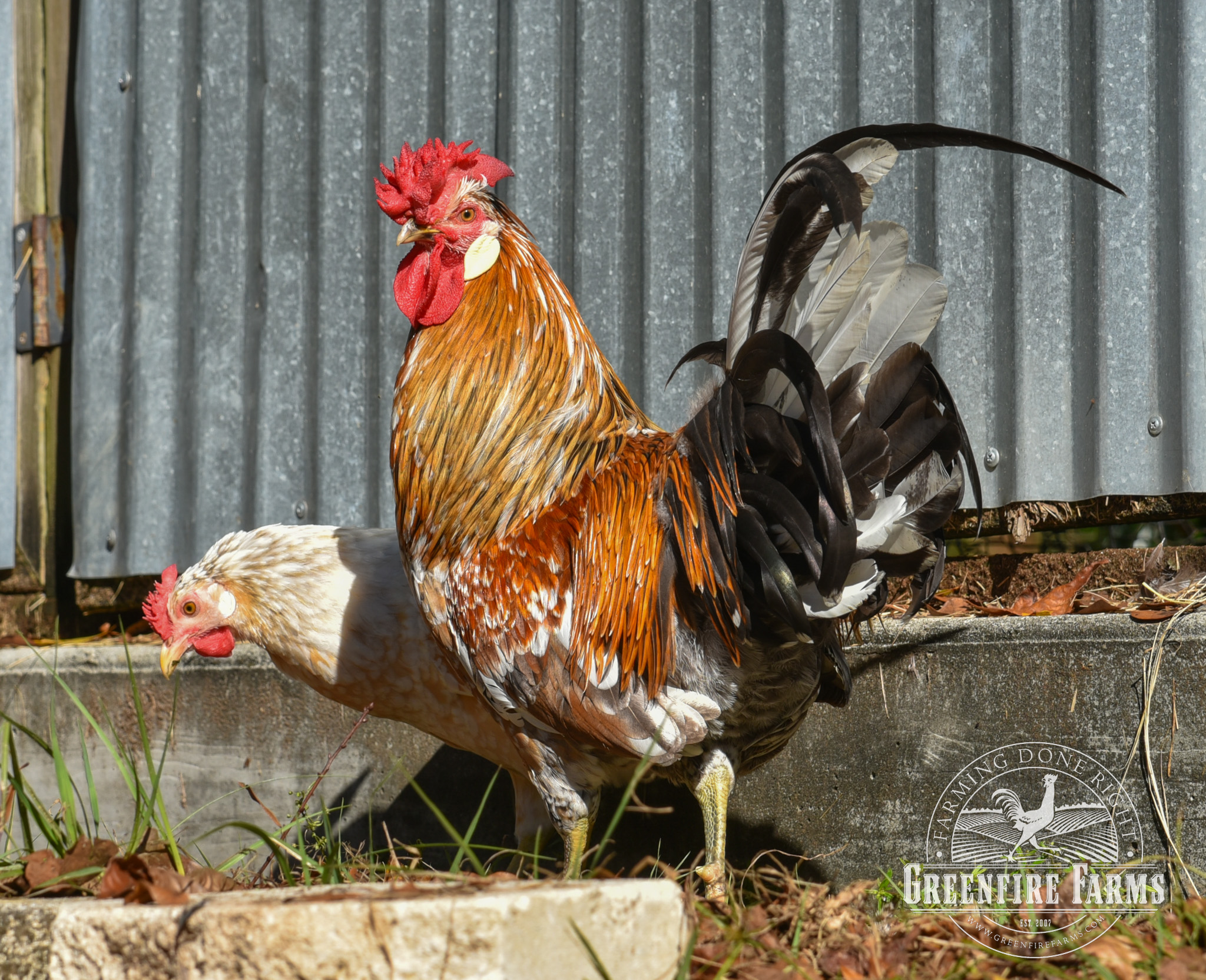
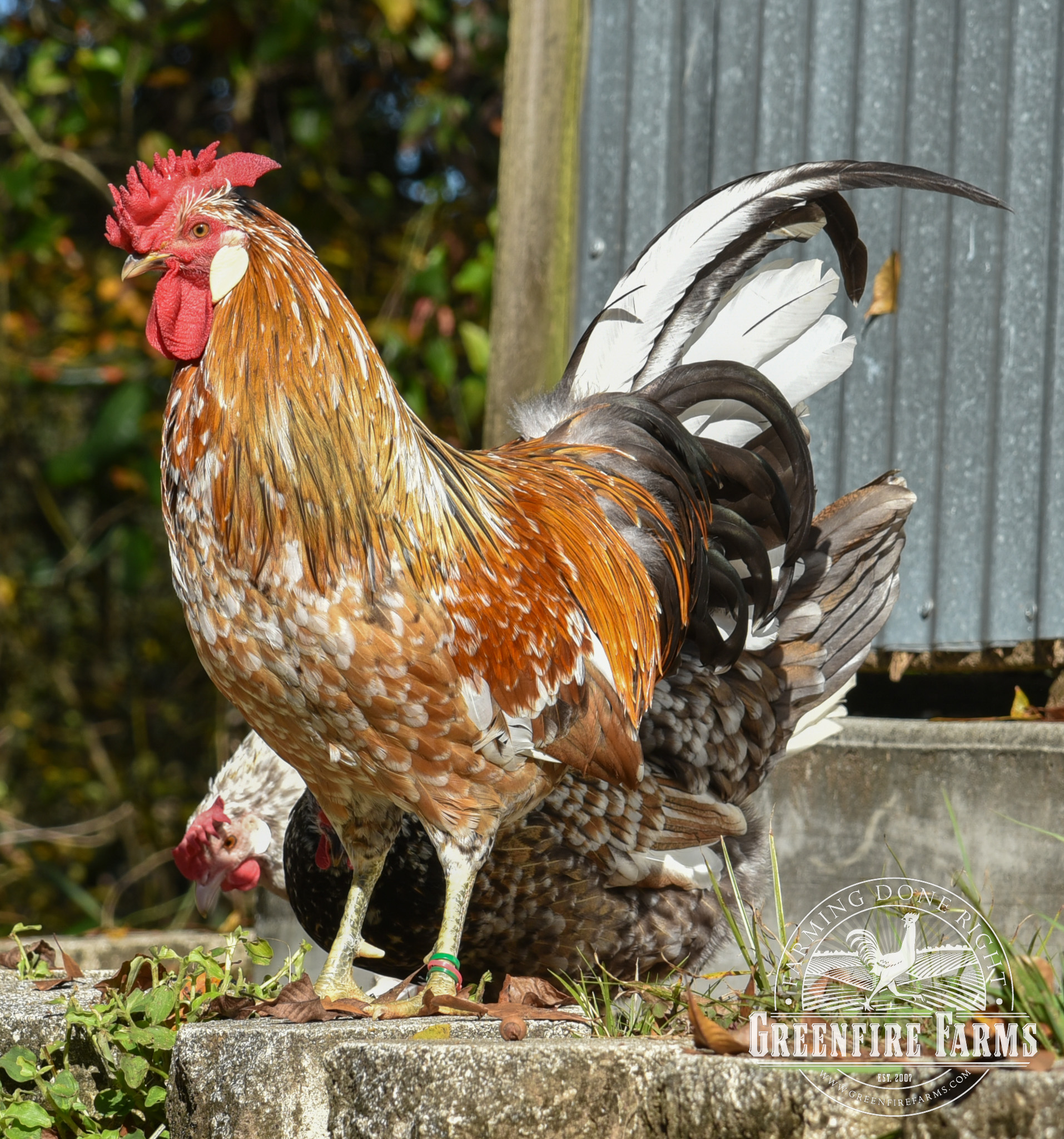
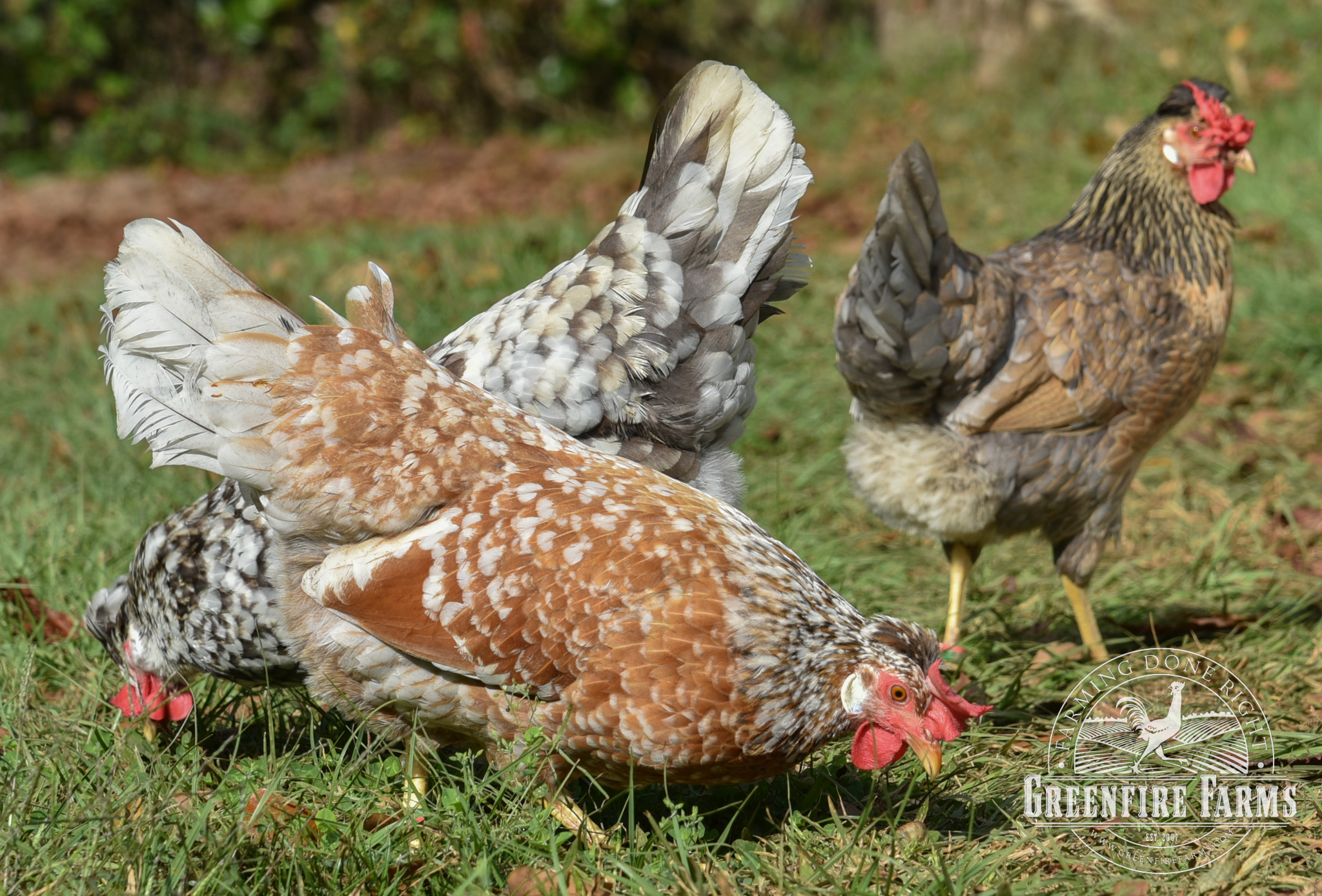
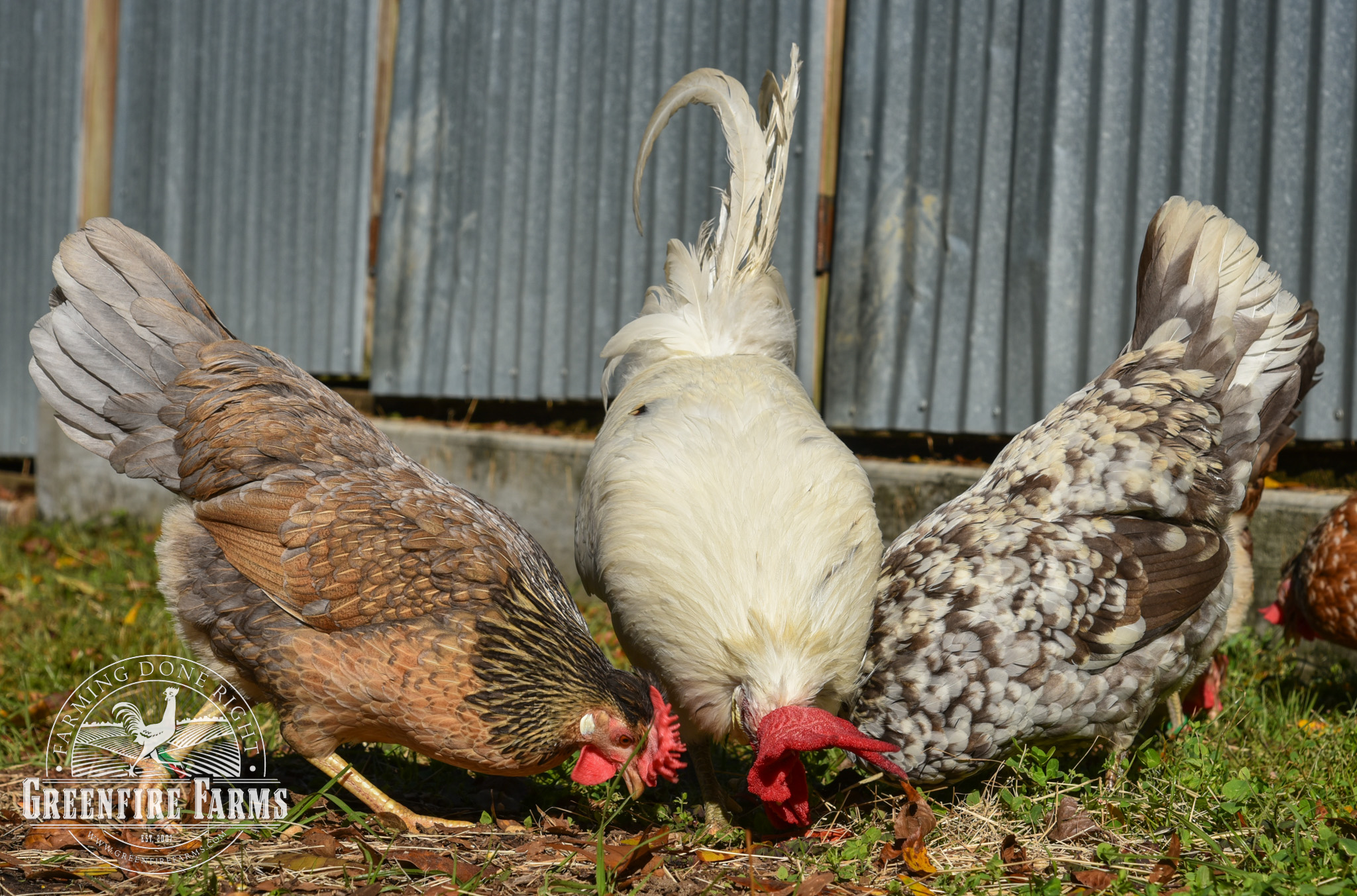
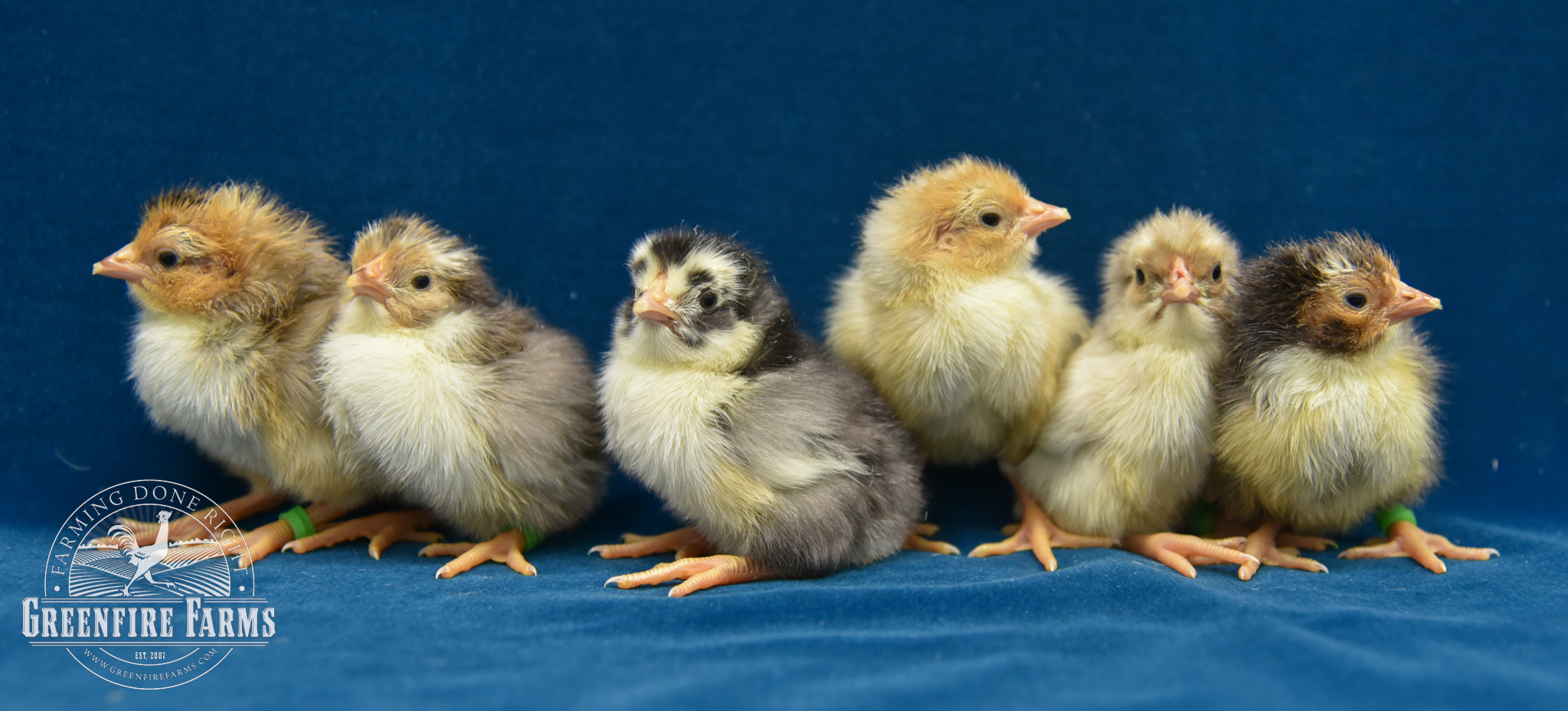
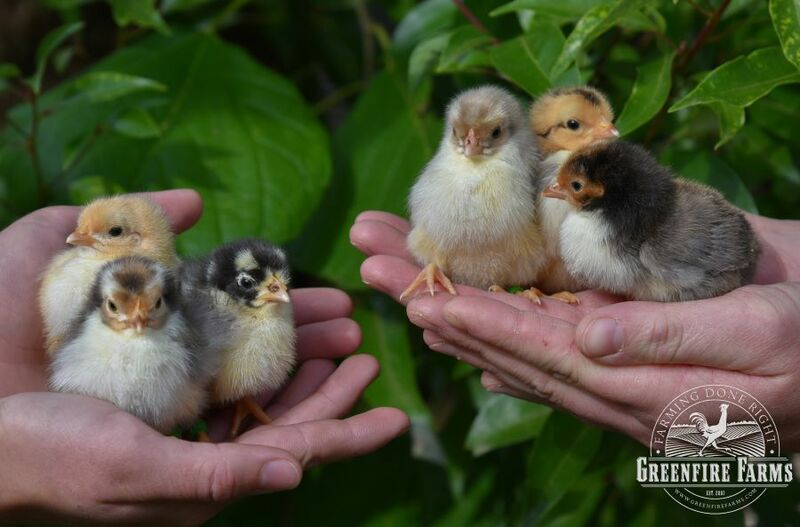
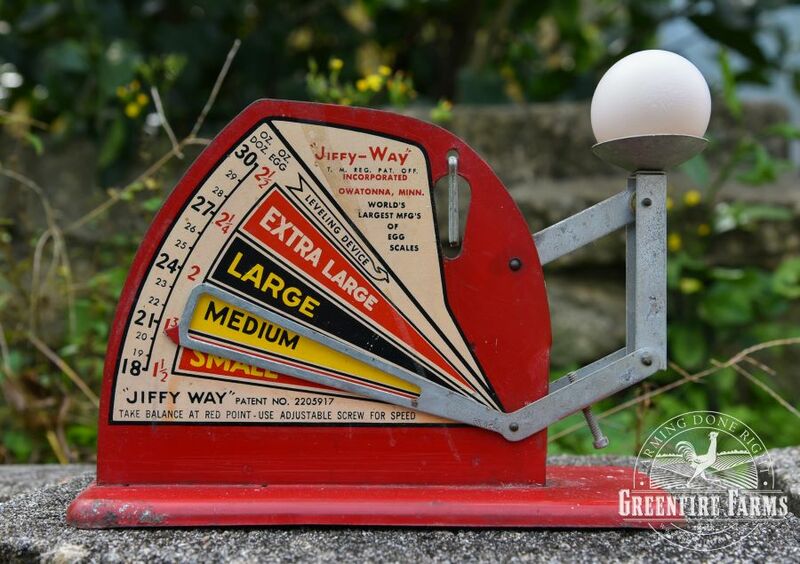

 Cart:
Cart: 

